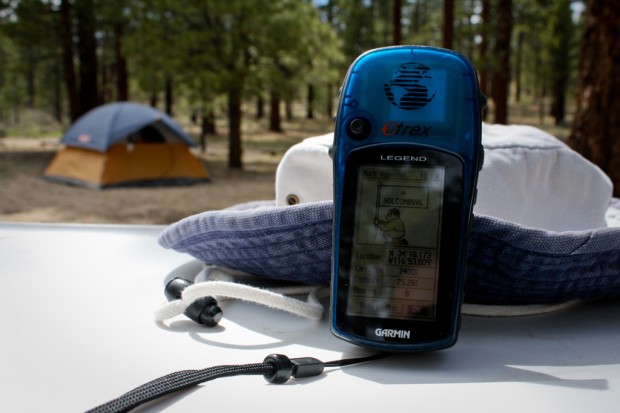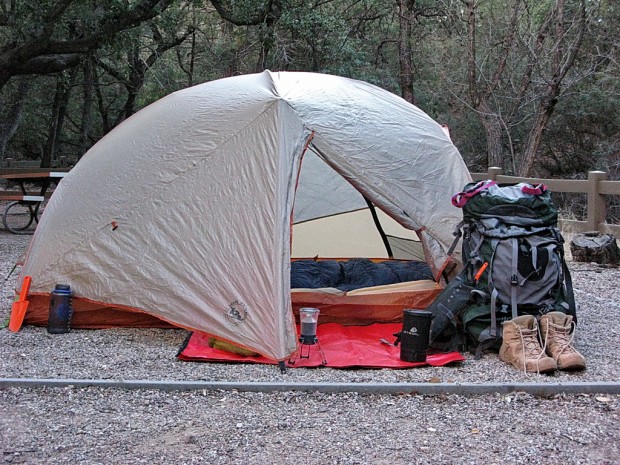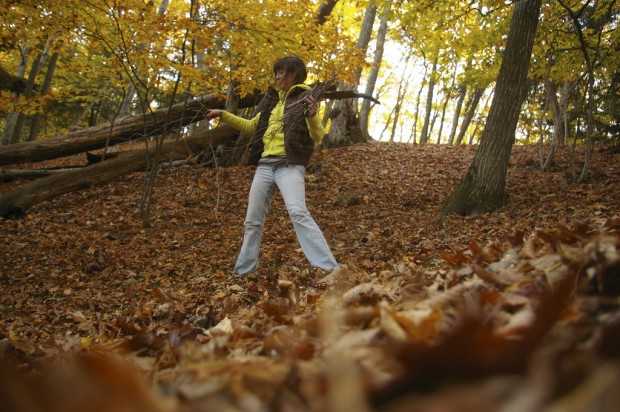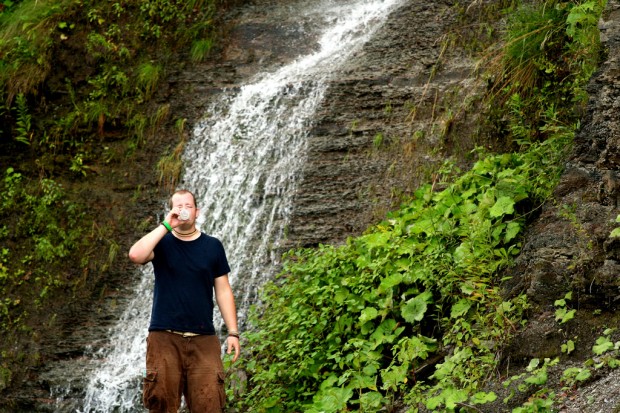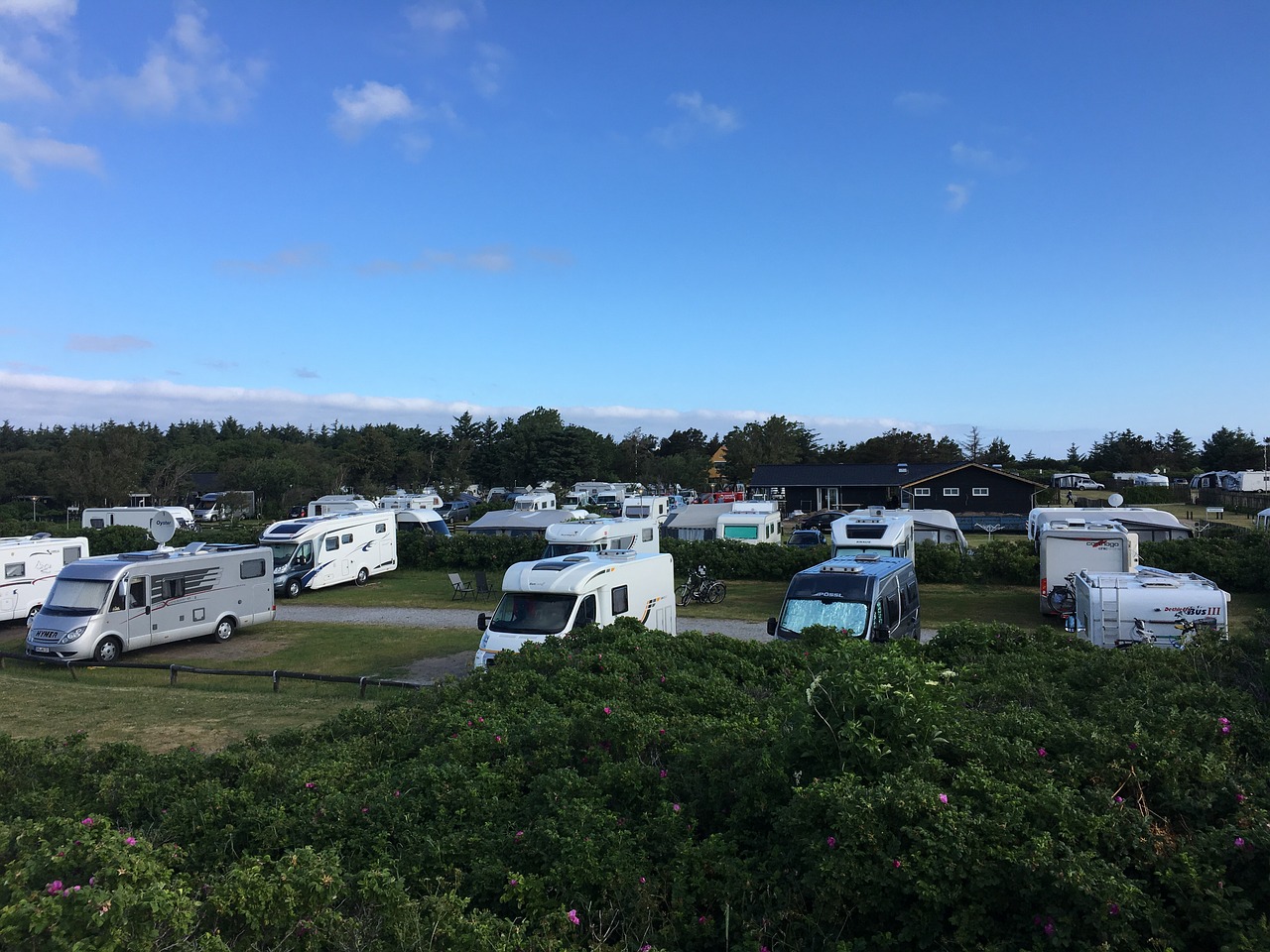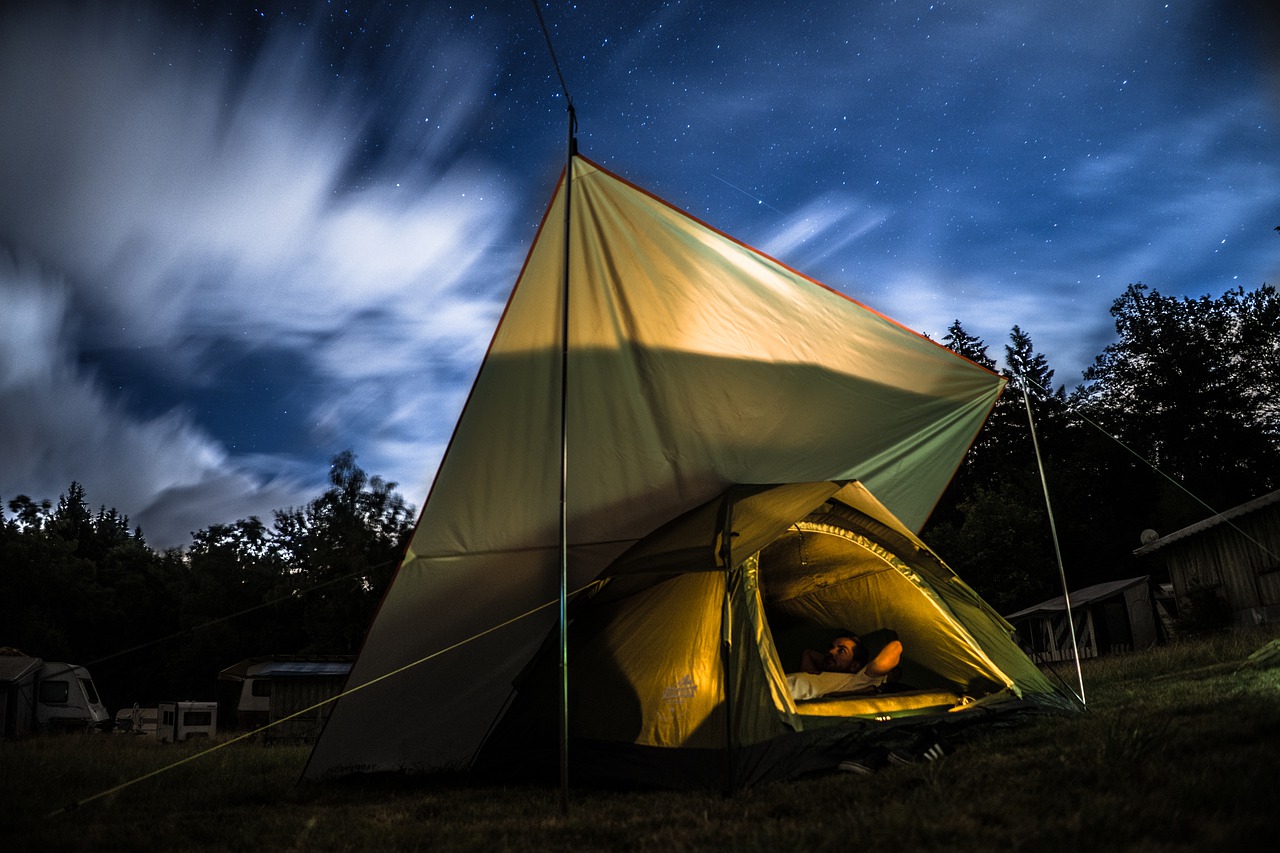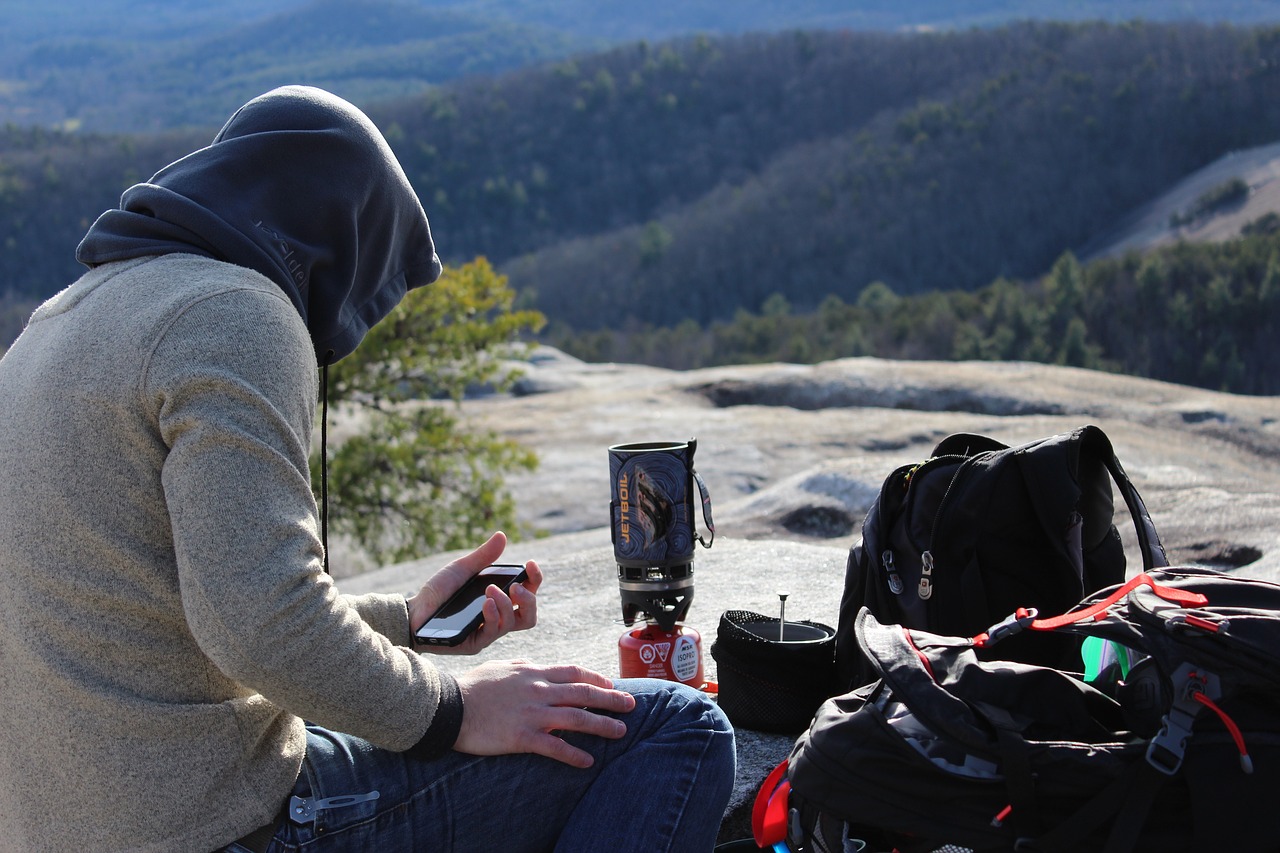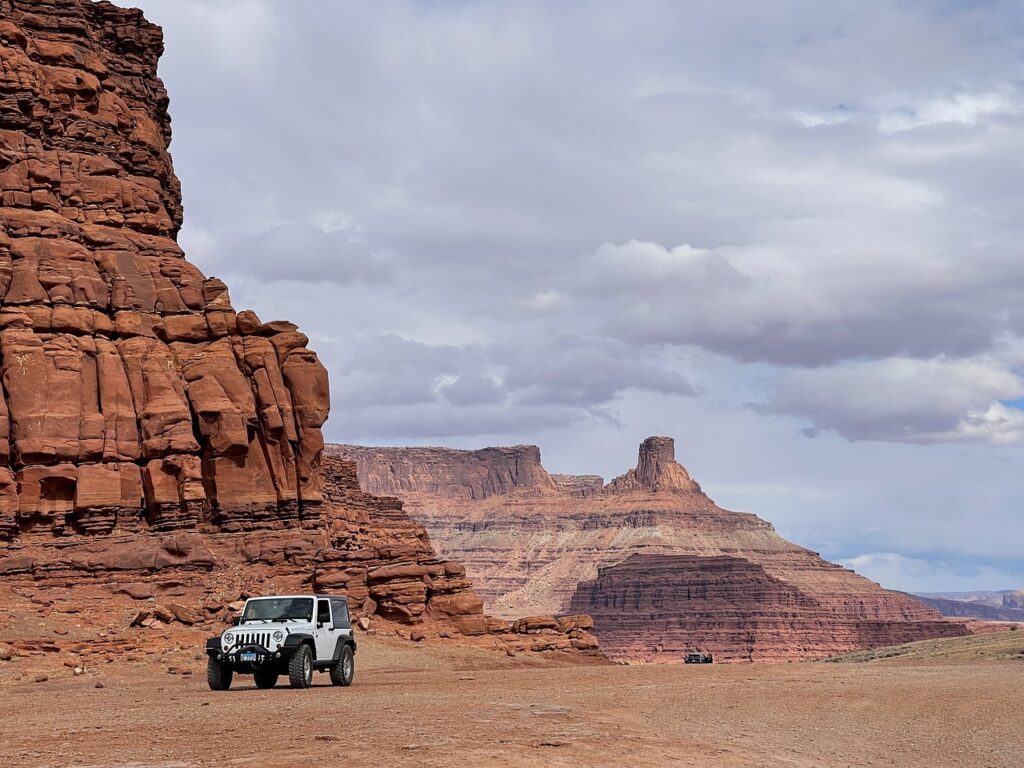Summer might be ending, but camping season is in full bloom as the days get shorter and the evenings get cooler. There’s really no better time of the year to go camping – but no person in their right mind goes camping without being fully prepared, whether it’s for weather, terrain, or possible medical emergency. We know you’ve got the basics covered – but for those getting ready to hit their local outdoor retailer before their next adventure into nature, here are five accessories not to forget, and tips on how to find the right camping accessories for you.
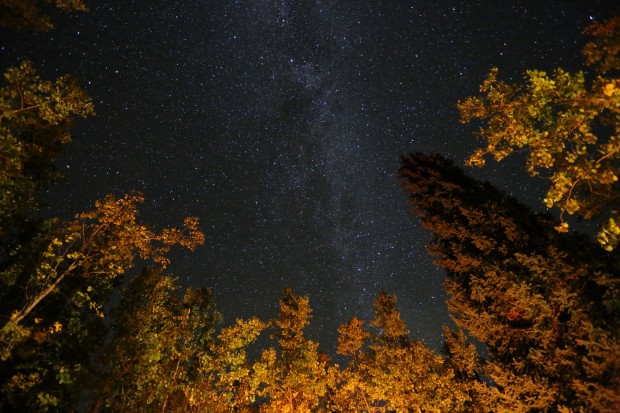
Image by Ed Ogle via Flickr
Keep the GPS simple
Having a device with a lot of functionality is great – but there is such thing as getting a camping accessory with too many bells and whistles, eliminating the whole point: making things simpler. Shopping for a GPS is an easy place to run into this problem; for the large majority of fall campers and hikers, there isn’t a need for super-advanced features like 3D overlays, built-in cameras, or internal file structure access, features that can easily add up to $200 to the cost of buying a GPS device. Some of our favorite features have been found on low-to-mid range devices; from pre-trip map uploading to syncing between multiple devices, there are plenty of affordable devices to choose from. Even the most basic models from companies like Magellan and Garmin are more than up to the task of keeping you on track when off-road: durable and easy-to-use, their accessibility provides a clean user experience uncluttered by unnecessary, if impressive, features only a fraction of shoppers are looking for.
Getting the Right Backpack
This one should speak for itself; an uncomfortable backpack is the quickest way to ruin any outdoor expedition – and since it’s often the most overlooked part of most people’s preparation for a hike or camping trip, it’s always something worth highlighting. In fact, going out with the wrong backpack, even the most feature-packed premium back pack can be dangerous, be it compromising equipment for lack of space, or suffering an injury at the hands of an improperly-sized or packed backpack, which can cause painful shoulder and back problems.
Image by Alan English CPA via Flickr
Shopping at outdoor retailers like Cabela’s, or sporting goods stores for a good outdoor backpack can be a daunting task, given just how many different brands and styles are out there. REI has a fantastic guide for choosing the right backpack (Outdoor Gear Lab also a great, super in-depth guide) that are great resources when shopping for adults or kids. A tip for beginners: mind the three S’s – Space (matching pack capacity to what you’ll need), Straps (getting a backpack that’s comfortable), and Stamina (how durable a backpack your trip demands).
Image by alaina buzas via Flickr
Always Drink Clean Water
While it’s common sense to bring lots of bottled water on any camping or hiking trip, not many people think beyond those initial water needs, which can cause a lot of trouble on a long hike, or an unseasonably warm night overnight in the woods. With that in mind, it’s worth considering a water purification device to keep handy in case of emergency (or just normal thirst from physical activity) – there are numerous solutions to keep anyone from ingesting harmful bacteria. Everything from water purification tablets to water bottles with filters built right in is readily available at most camping stores (and what isn’t is handily available at sites like Backcountry), backpack-friendly ideas that ensure you’re always drinking clean water, even when venturing far off the beaten trail.
Image by John Potter via Flickr

